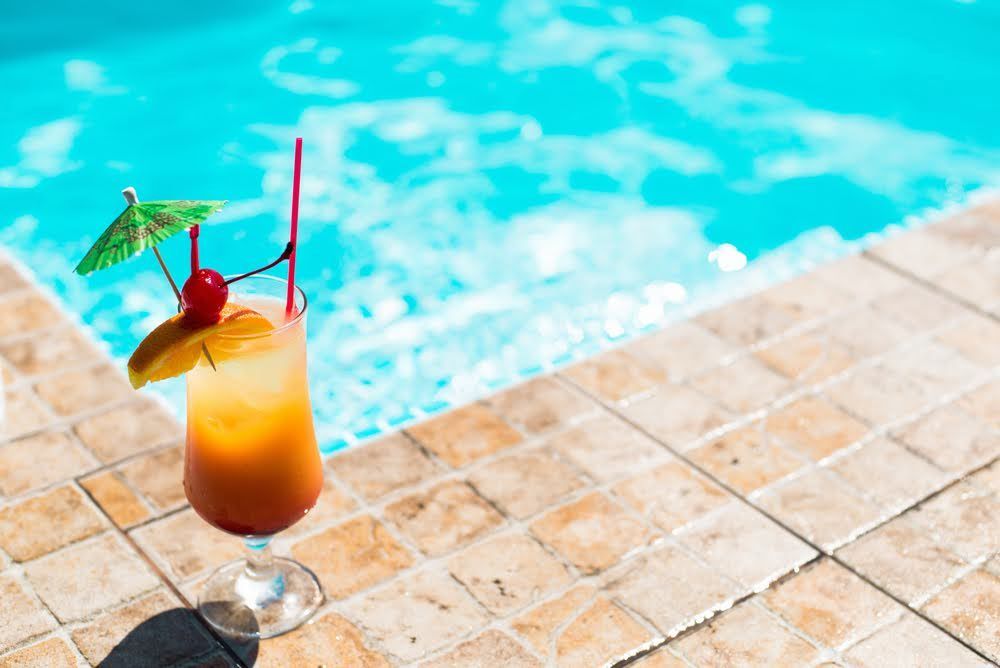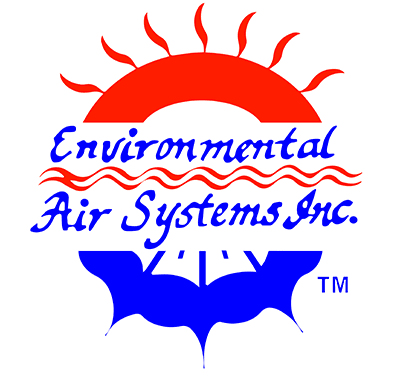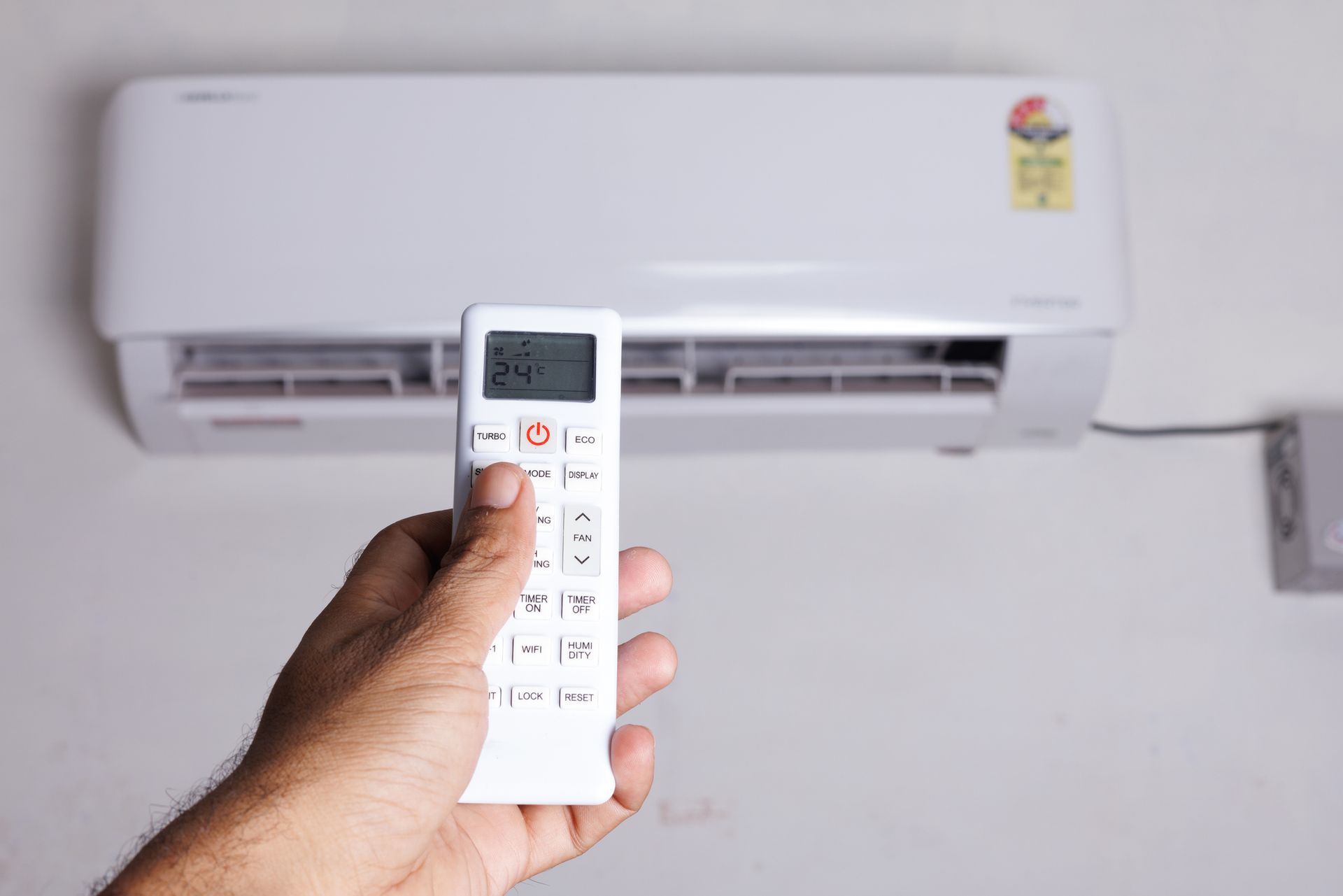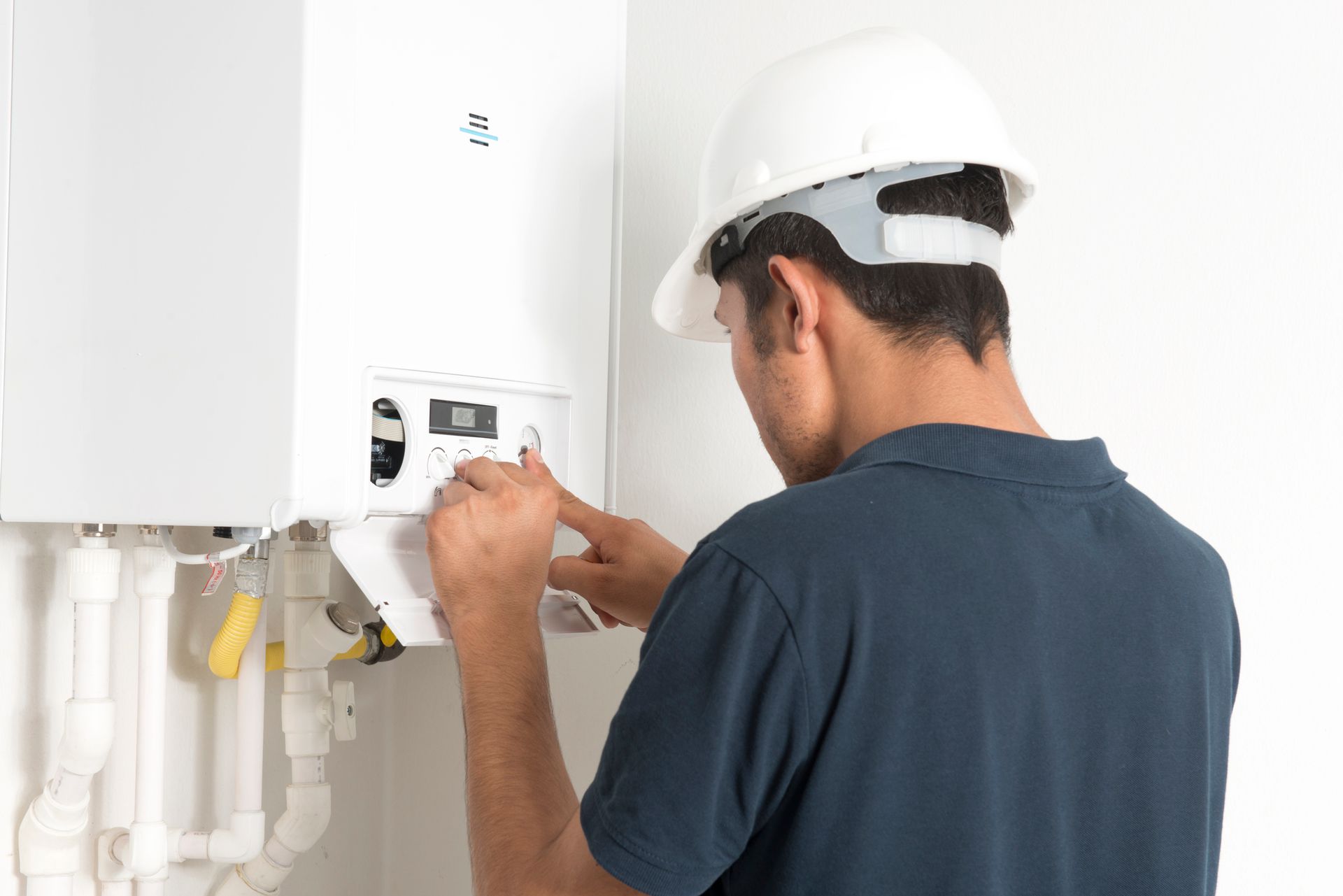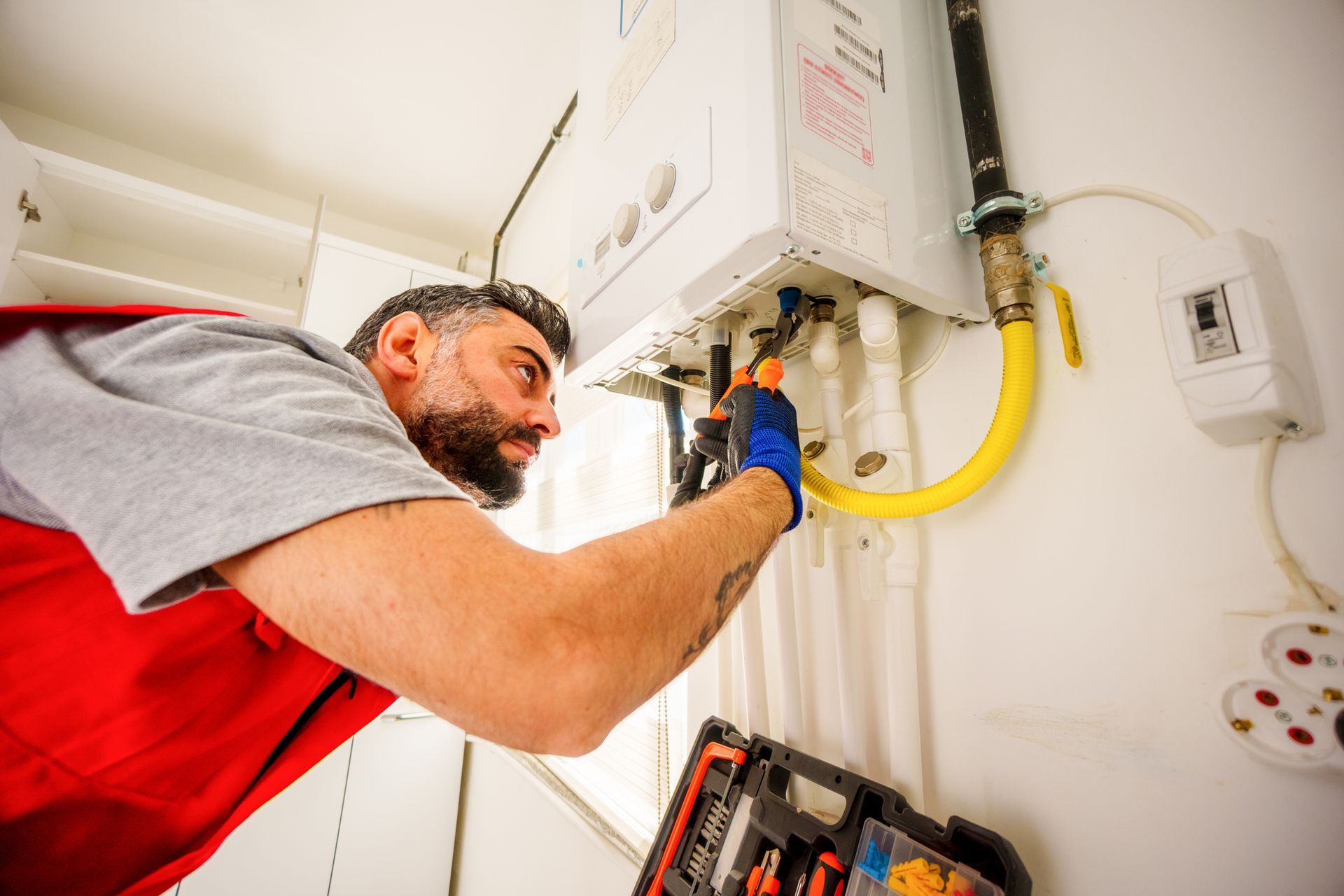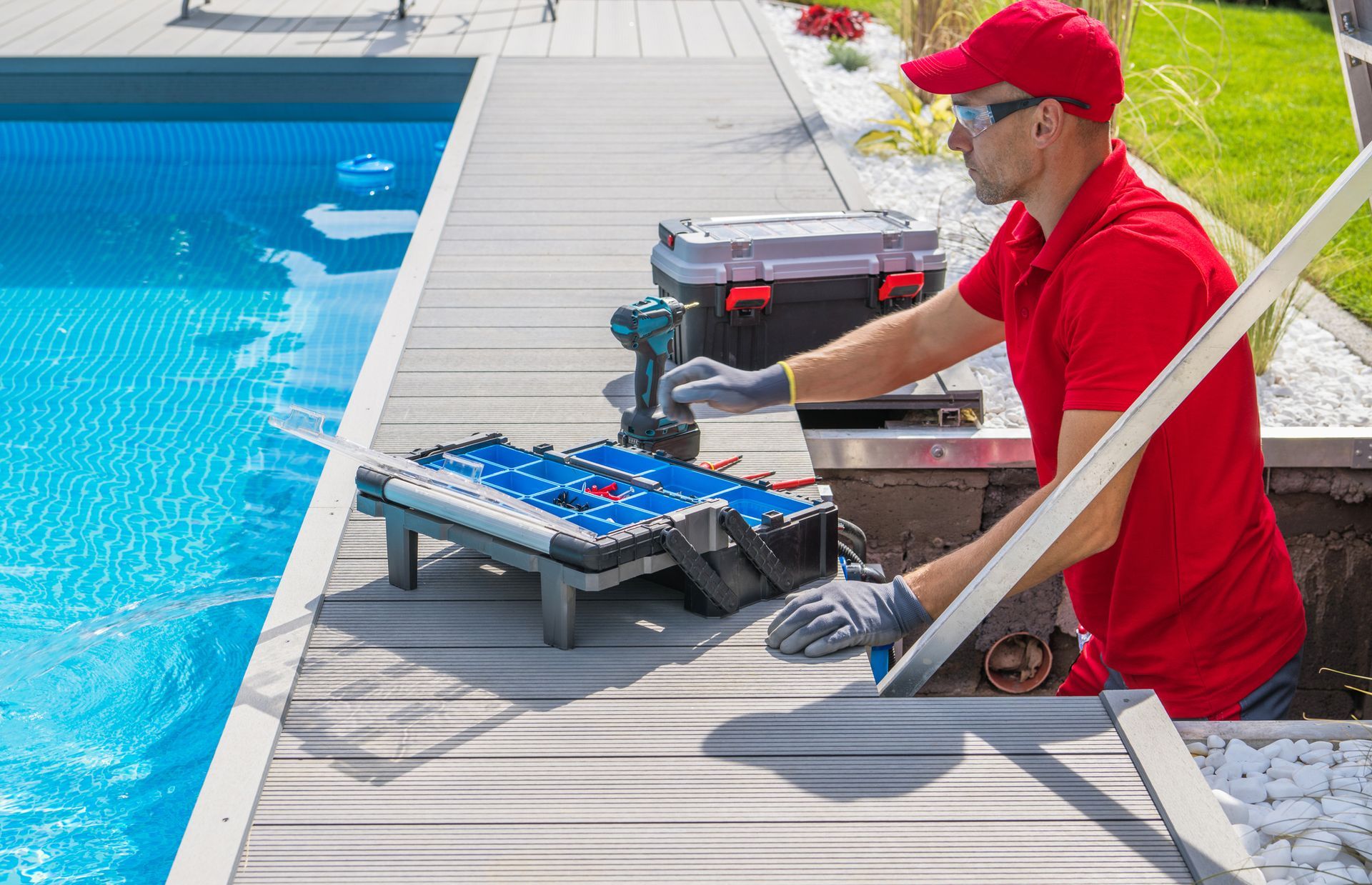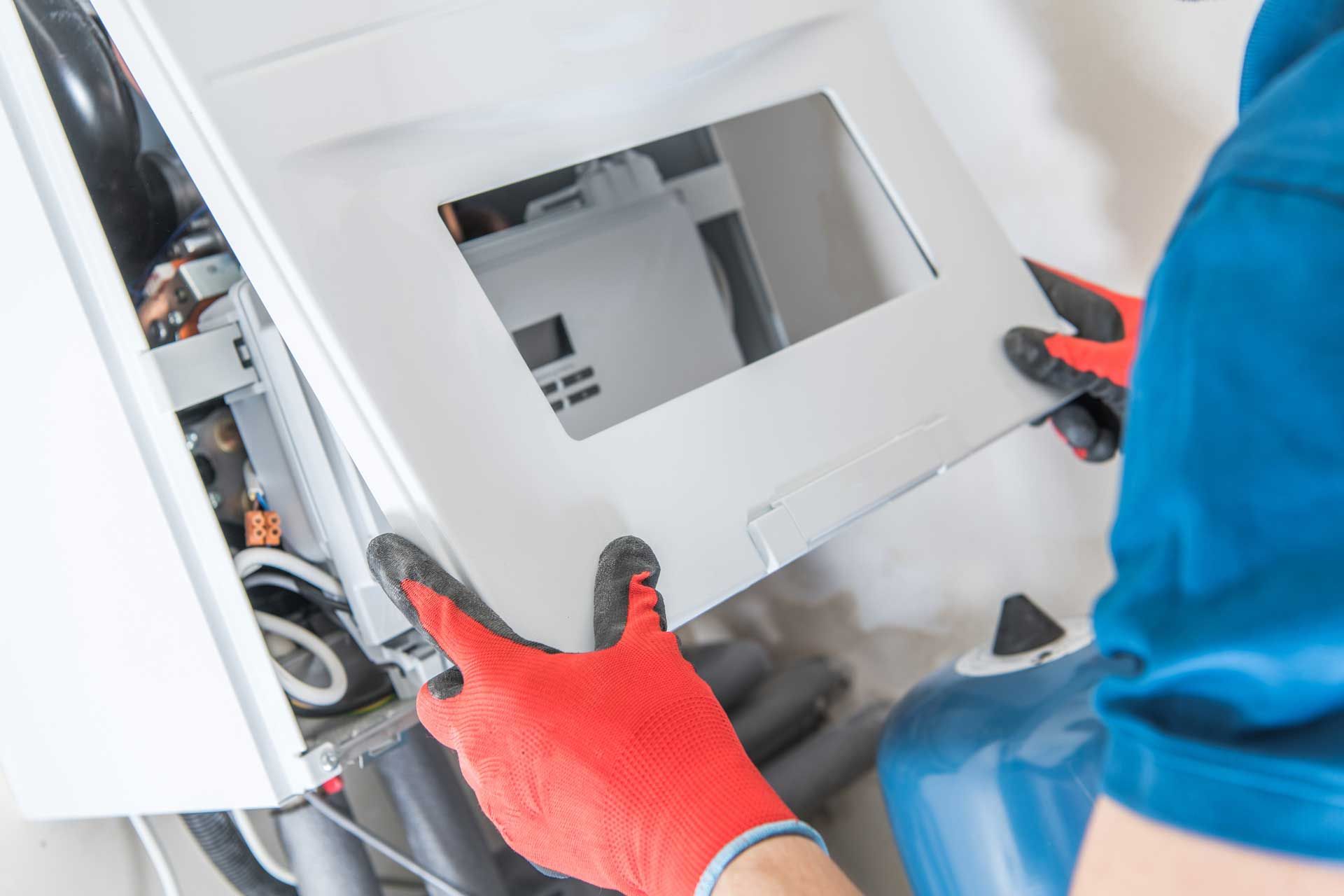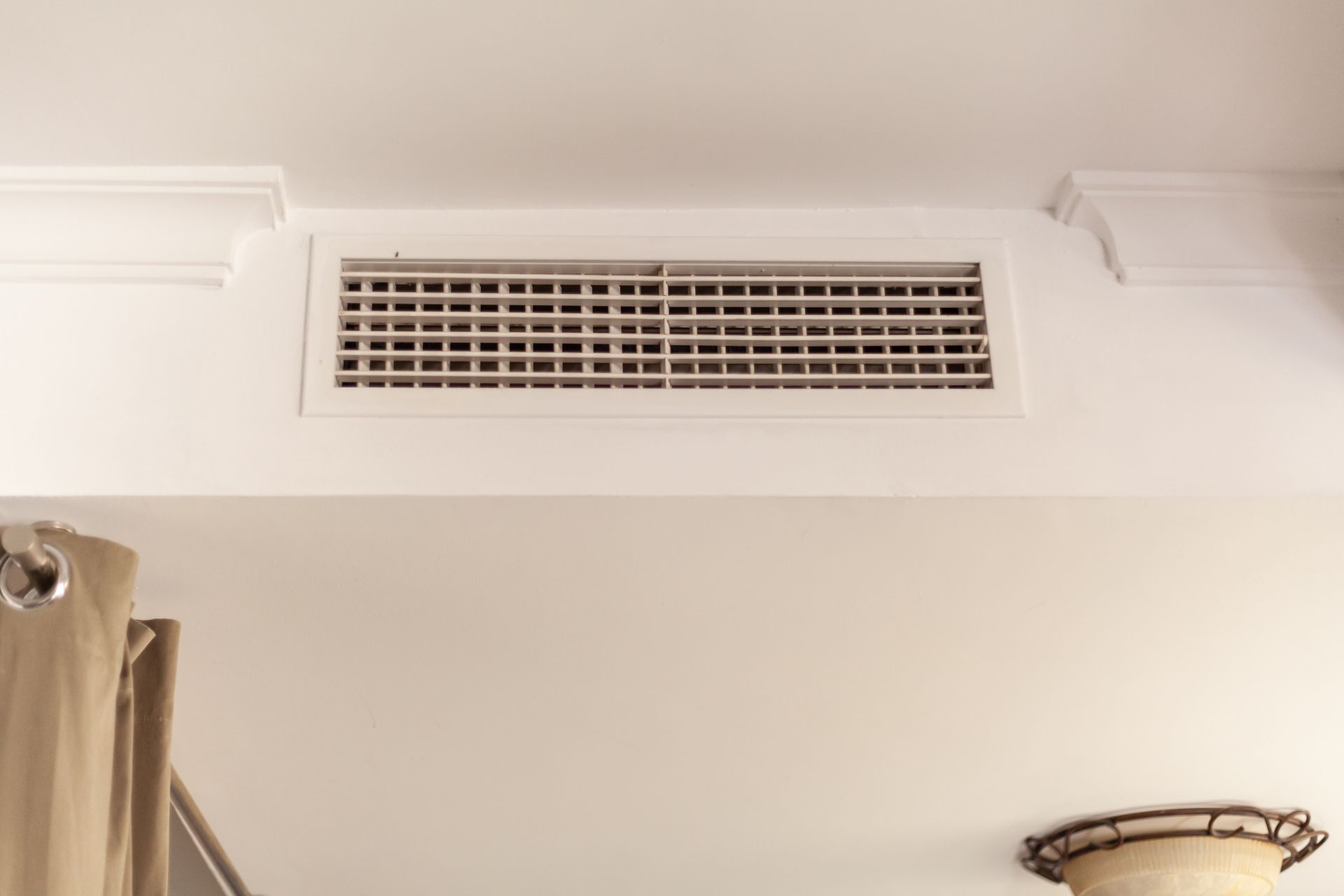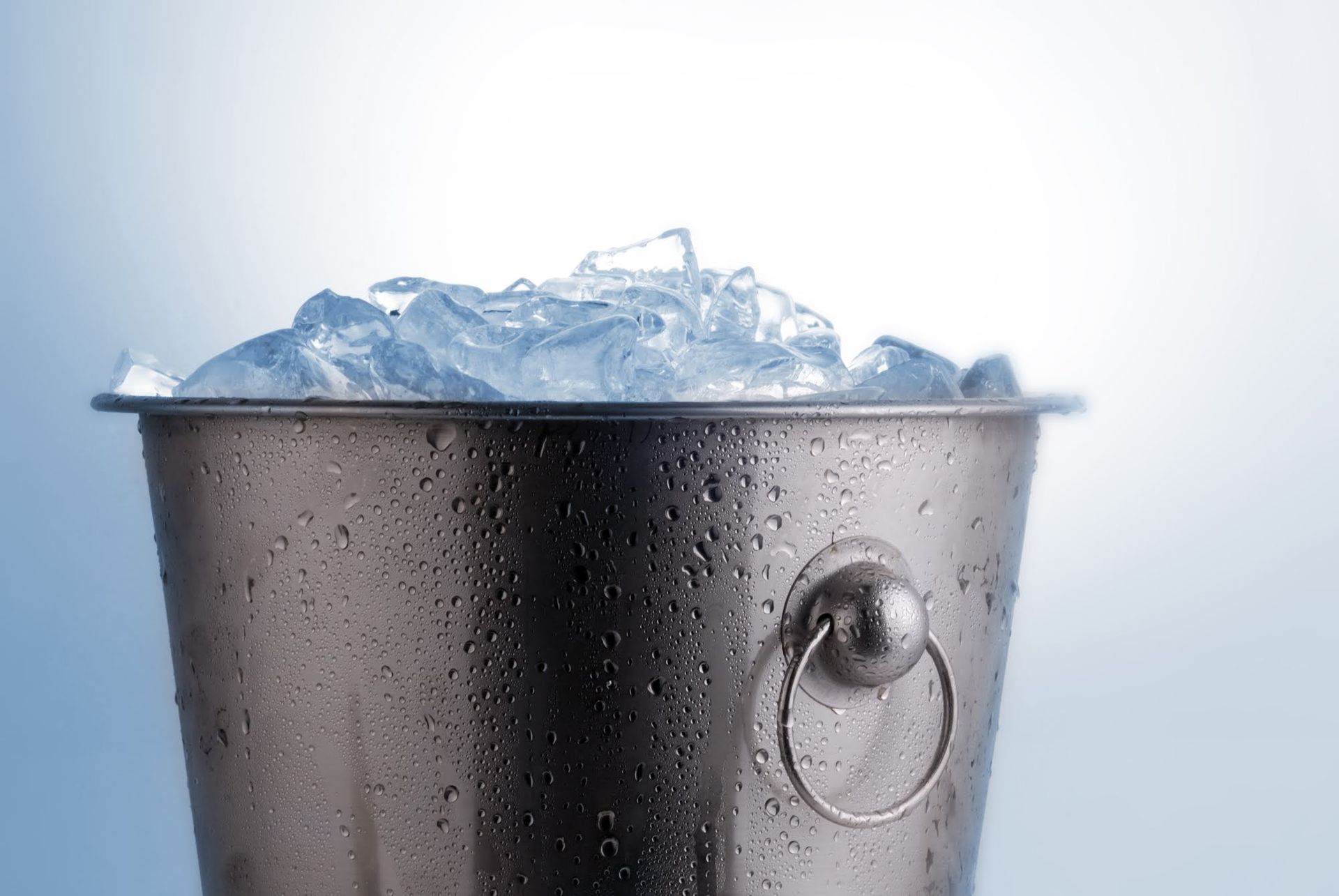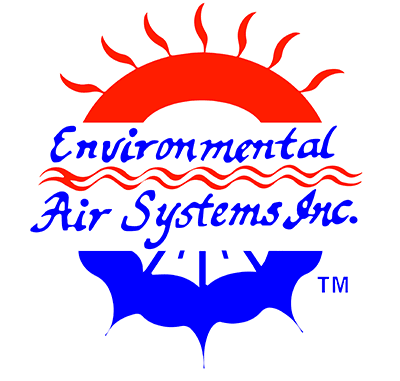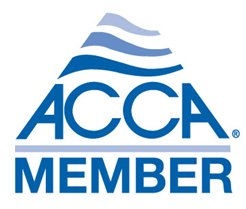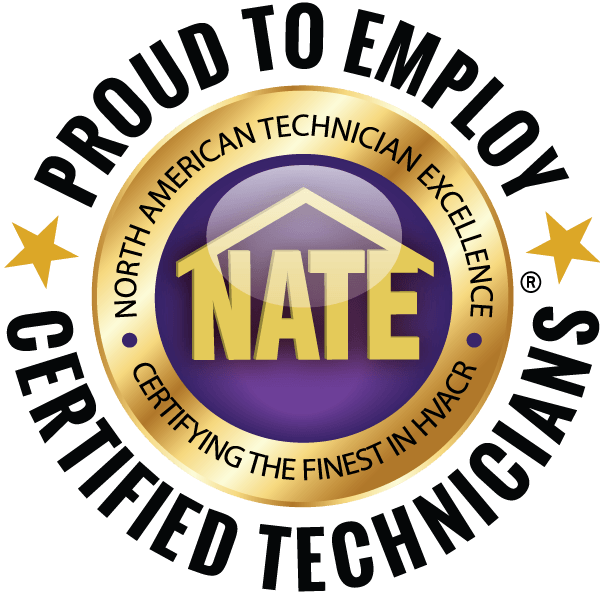4 Factors That Determine Your HVAC's Longevity
Your HVAC unit is a significant investment you want to keep for the longest time possible. Most HVAC systems have an expected lifespan of 15 to 25 years. Nonetheless, the period varies based on factors such as maintenance and usage.
This blog explores five factors that affect the useful service life of your HVAC.
1. “Usage” Levels
There are certain basic principles that apply to “Usage” levels. This is assuming that you have the right equipment sizing for your specific areas (it is proper practice now to do a manual-J calculation when replacing old equipment to confirm the needed capacity of a new system). First, how often does a system turn on and off during a regular cycle? Every time a system goes back on to maintain temperature, additional (start) amperage is needed. Over time, this causes stresses on the system that can shorten its lifespan. This is especially true with an oversized system, which can “short-cycle”. That is why 2-Stage and variable systems have become so popular. They actually run longer which evens out temperatures and humidity but cost less to run because they don’t use the additional power jumps to start over and over again. They also don’t have to maintain the temperature using the full capacity, but can run at lower capacities, unless more is needed at peak temperature hours. Second, if ductwork sizes for the capacity are not right, that can put stress on the system components. Third, if your systems are not maintained regularly, you stand the chance of having parts fail that ultimately can have a domino effect, causing other challenges, and causing systems to fail sooner.
You can follow these tips below to enhance longevity if you must run your HVAC system the whole day:
• Maintain your systems with professional servicing
• Use dehumidifiers and ceiling fans to reduce the strain on your unit during hot seasons.
• Look into better technology and confirm that the system that you have is correct for the space(s).
• Add surge protectors to you’re A/C units. These protect the units from failures due to power surges.
• Add start-assist modules when applicable. These aid the compressors when they start, and create less stress, giving them a longer life in most cases.
• Set your thermostat to a slightly higher setpoint (Summer) or lower setpoint (Winter), as long as you can stay comfortable. Over time, this will mean less run time, wear on equipment, and lower energy costs.
2. Local Climate and Unit Size
The only thing that you can do about the climate is make sure that you have the right type and sized HVAC system. This again applies to the manual -J calculations. The key is to know what type of system will do the best and most efficient job of moving heat or cold out of the house, while also removing humidity in the warmer months. An HVAC system that is too small or too large for your home becomes overburdened. So, your unit strains to achieve the needed functions. An undersized HVAC unit runs for longer than necessary to meet your demands. However, the constant operation strains the entire system and wears down parts. As a result, the rate of component degradation increases and can lessen your unit's lifespan.
4. Level of Care
Regular maintenance is the most crucial determinant of your HVAC's lifespan. Maintenance steps to increase your HVAC's longevity include:
• Frequent change of filters to prevent the accumulation of dirt and corrosive debris
• Removal of leaves and trash that could trap moisture around your condenser unit
• Check and clean the condensing coils on the outside unit, and the evaporator coils inside if possible (or let a professional do it).
• Expert inspections to identify and resolve issues before minor problems worsen
• Annual sanitation and tune-ups from your HVAC technicians to enhance optimal operations
• Condensate assessment for proper drainage and emptying of trays with stagnant water
A regular maintenance schedule ensures effective operations, which increases your unit's life span by checking parts and monitoring the refrigerant levels and flow. You may worry about the cost of expert services, but the price is far less (!) than that of costly repairs.
5. Installation
Opt for a professional installation by a proven long-time service company such as Environmental Air Systems to ensure optimal operations and enhance longevity. Professionals ensure the proper capacities and installation per best practices. You also get the appropriate guidance on how to care for your system and avoid problems down the road. You get the most out of your unit's life with expert installation and maintenance.
Appropriate care enhances your system's longevity. So, reach out to the experts at Environmental HVAC Systems, Inc., for all your HVAC needs. You will get a team of experts to provide estimates on tune-ups and maintenance plants. You can also access finance options to spread out your cost and lessen the financial burden. Contact us today to get started.
